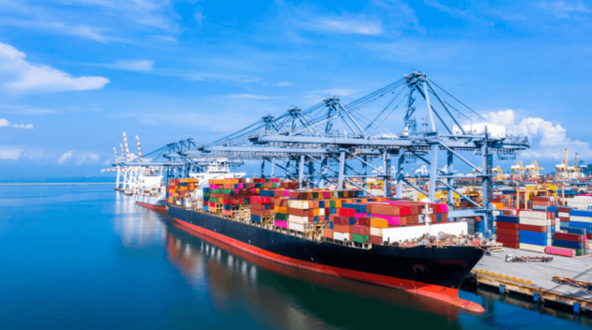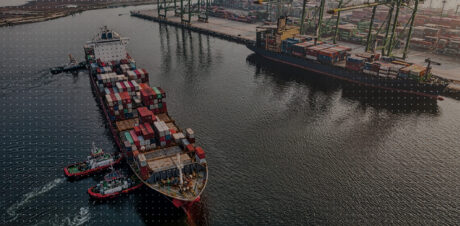The Lebanese Ministry of Economy and Trade maintains a publicly available, electronic database documenting contracts between international companies and Lebanese third-party distributors. Details show that some Lebanese distributors are possibly re-exporting American products to sanctioned jurisdictions in violation of U.S. export controls. American multinationals can use this database to verify third-party distribution channels in order to enhance export regulations compliance.
What are U.S. export controls?
U.S. exports are regulated by the Bureau of Industry and Security (BIS), an agency of the Department of Commerce. BIS works to “advance U.S. national security, foreign policy, and economic objectives,” according to its mission statement.
A key component of BIS’ operations is to administer the Export Administration Regulations (EAR), which outline what may legally be exported, by whom, and to where. These regulations help prevent the diversion of U.S. goods to nefarious actors including sanctioned entities, terrorists, and those seeking to obtain weapons of mass destruction. The BIS sanctioned destinations list includes Syria, Cuba, Iran, North Korea, and Sudan.
Within the EAR is the Syria Accountability and Lebanese Sovereignty Restoration Act (SALSRA) of 2003. SALSRA currently prohibits the export to Syria of U.S. products, except for food and medicine. Moreover, Executive Order (EO) 13582 of 2011 extends SALSRA’S prohibition to third-parties operating on behalf of Americans.
Possible export control violations by American companies
Lebanon’s exclusive distributors database provides information on international companies and their Lebanese distributors, including company names, addresses, contract dates, and where the distributor will ultimately re-export goods. The database, which dates back to 2005, lists dozens of American companies of varying sizes in industries including firearms, cosmetics, telecommunications, and automotives.
There are no blanket export regulations for Lebanon and most distributors are operating within Lebanon only or they are re-exporting to other unsanctioned Arab countries, according to the database. However, some Lebanese distributors are re-exporting from Lebanon to risky and sanctioned jurisdictions, including Syria, perhaps without the knowledge of American companies.
The database snapshot below highlights a contract between an American company and a Lebanese distributor. The red boxes — from right to left — indicate the company is based in Arlington, Texas, the contract is valid through December 30, 2022, and the local distributor lists numerous countries for re-export — including Syria and Libya. Public records confirm this company is an American cosmetics manufacturer. This particular Lebanese company has contracts with multiple American cosmetics companies, according to the database.

Fig. 1: A redacted screenshot from the Lebanese distributors database.
While this Lebanese distributor names Syria and Libya as countries for re-export, it is possible that the company is a regional distributor and therefore lists multiple Middle Eastern countries, but does not actually export any of the American company’s goods to Syria or Libya. However, several other Lebanese distributors in the database specify fewer and perhaps the exact countries they are re-exporting to, and some of those lists do include Syria.



